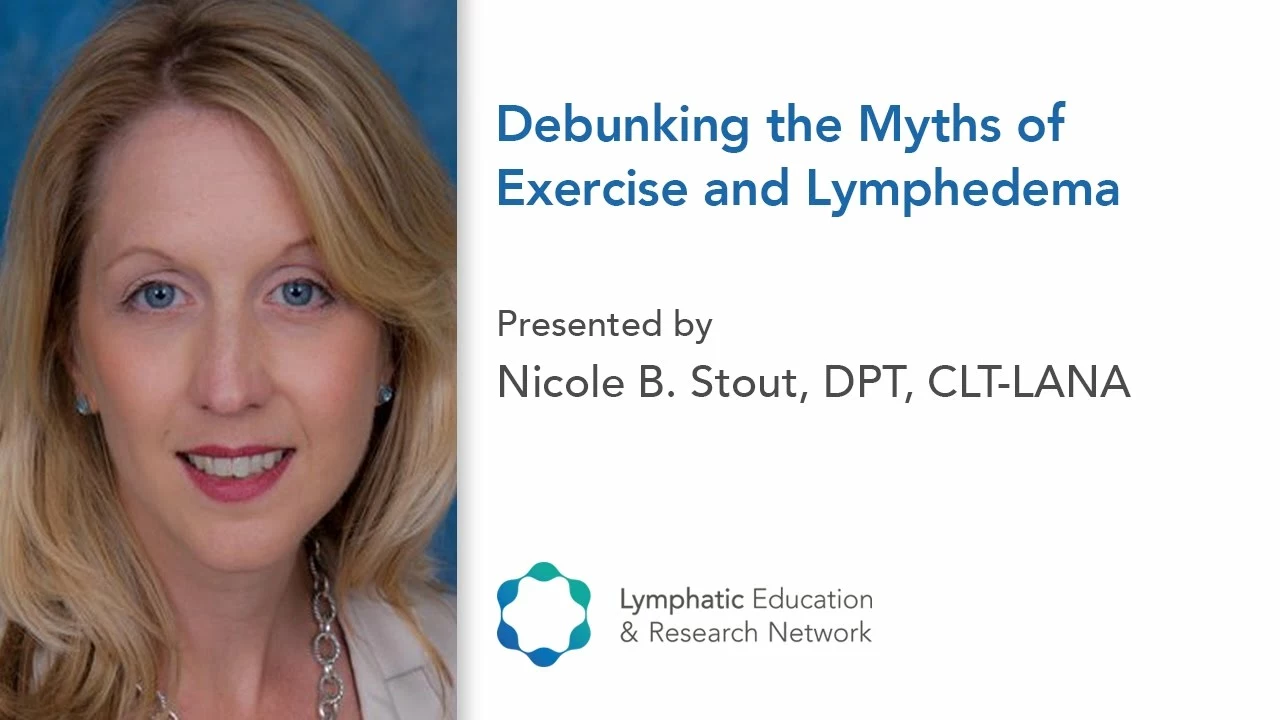Buspirone — a simple, practical guide for anxiety treatment
Are you considering buspirone or already taking it and want clear, usable info? Buspirone is a non‑sedating medication mainly used for generalized anxiety disorder (GAD). It works differently from benzodiazepines, takes time to build up, and usually won’t make you sleepy or dependent. Below I’ll explain how it works, typical doses, side effects to watch for, and simple tips so you get the best results.
Dosing and what to expect
Doctors typically start low and increase slowly. A common starting approach is 5–7.5 mg per day split into two or three doses (for example 2.5 mg three times a day). Over 1–2 weeks your provider may increase the total to 15–30 mg per day, sometimes up to 60 mg daily in divided doses. Buspirone doesn’t help panic attacks right away — expect gradual improvement. Many people notice some benefit after 2–4 weeks; full effect can take 4–6 weeks.
Take buspirone at the same times each day. You can take it with or without food, but a consistent routine helps keep levels steady. Missing a dose? Take it when you remember unless it’s almost time for the next dose — don’t double up.
Side effects, risks, and interactions
Common side effects are mild: dizziness, headache, nausea, nervousness, or lightheadedness. Most fade after a few days or weeks. Serious reactions are rare, but call your doctor for chest pain, fainting, or signs of allergic reaction.
Buspirone is broken down by the liver enzyme CYP3A4. That means some medicines and grapefruit juice can raise buspirone levels — examples include ketoconazole, erythromycin, clarithromycin, some HIV protease inhibitors, and certain antifungals. Combining buspirone with MAO inhibitors or other strong serotonergic drugs can raise the risk of serotonin syndrome. Tell your doctor about all meds, supplements, and herbal products you take.
Unlike benzodiazepines, buspirone has low risk for dependence and withdrawal. It’s not a controlled substance. Still, do not stop suddenly without checking with your prescriber — they’ll advise the best taper if needed.
Special situations: if you have liver or kidney problems your doctor may adjust the dose. Pregnancy and breastfeeding data are limited, so discuss risks and benefits with your clinician if you’re pregnant or nursing.
Practical tips: be patient — this one takes time. Keep a simple symptom diary (sleep, tension, panic, daily worries) so you and your doctor can see progress. Avoid alcohol while trying buspirone; alcohol can worsen anxiety and interact with other meds. If you’re already on an SSRI or starting one, mention buspirone so your clinician can watch for interactions.
If buspirone isn’t helping after 6–8 weeks, or side effects are troublesome, speak up — there are other options. Your doctor can switch meds, adjust dose, or add therapy like CBT which often works well with medication. Questions for your clinician: what dose should I try first, how long before I expect benefit, and what interactions should I avoid?
Quick checklist: 1) Expect slow but steady benefit, 2) start low and increase as advised, 3) watch for dizziness and nausea, 4) avoid grapefruit and strong CYP3A4 inhibitors, and 5) talk to your prescriber before stopping or combining drugs. Clear communication with your clinician makes buspirone work safer and better for you.

Is Buspirone Addictive? Debunking the Myths
In my latest blog post, I dig deep to uncover the truth about buspirone and its potential for addiction. A lot of people seem to have misconceptions about this anti-anxiety medication, so I wanted to clear things up. After conducting thorough research, I found that buspirone is, in fact, non-addictive and has a low risk of abuse. However, it's essential to follow the prescribed dosage and consult with a healthcare professional if you have concerns. Stay tuned to my blog for more myth-busting and useful information on mental health!
read more
Can Buspirone Help with Generalized Anxiety Disorder?
As a blogger who recently researched the topic of Buspirone for Generalized Anxiety Disorder (GAD), I've discovered some interesting findings. Buspirone is a medication that has been shown to help manage symptoms of GAD, such as excessive worry and tension. It works differently from other anti-anxiety medications, as it is a non-benzodiazepine and has a lower risk of dependency. Many people have found relief from their anxiety through Buspirone, but it's essential to consult with a healthcare professional before starting any new medication. Overall, it seems that Buspirone can be an effective option for those struggling with GAD, but individual results may vary.
read more




